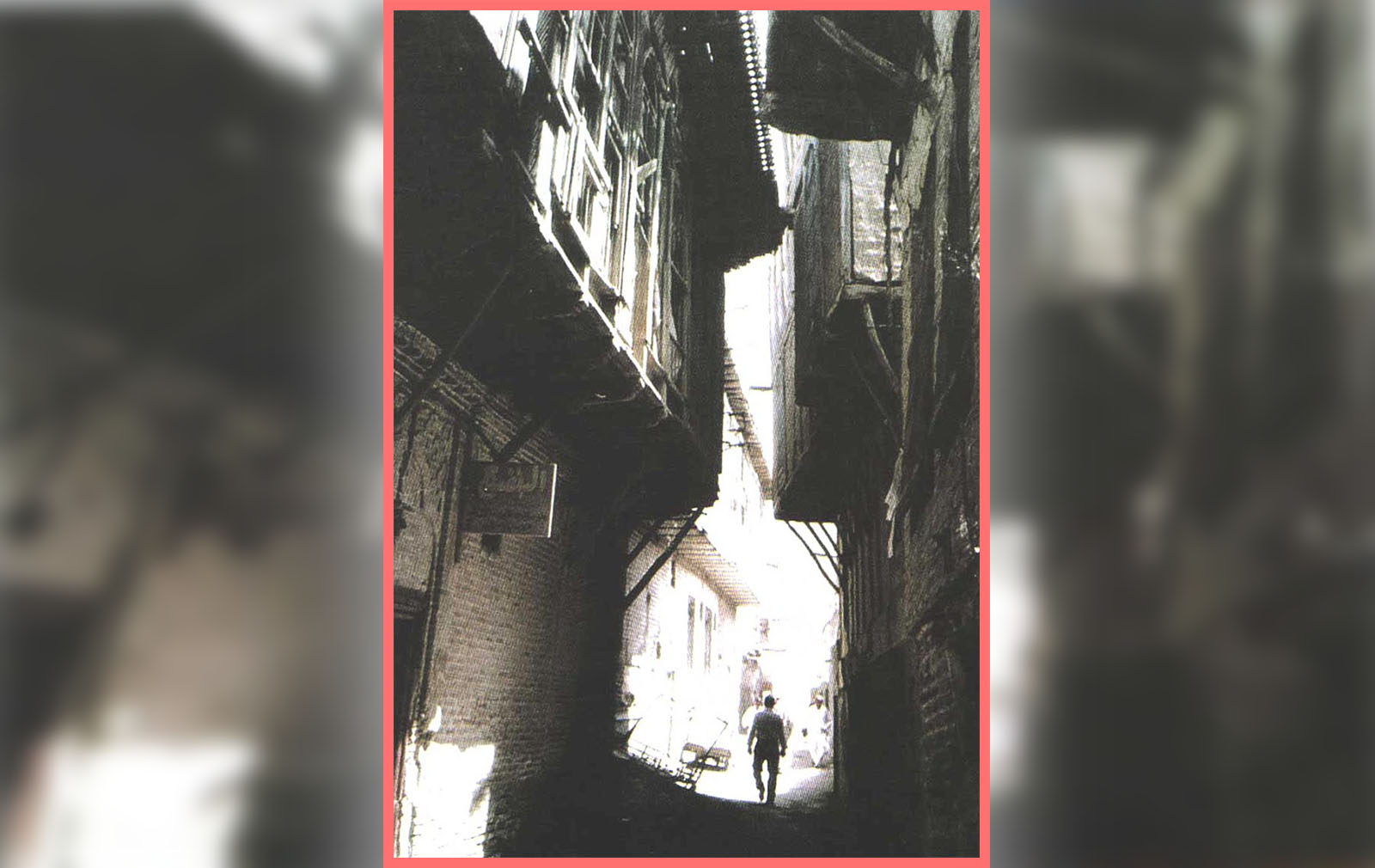The holy city of Karbala was known for its many literary houses and figures who were stood out in the ancient society of Karbala, as well as for their great role in serving the city of the master of martyrs "pbuh" alongside their national struggle against the Ottoman and British occupation.
Among those figures was the great poet "Muhammad Hassan", aka "Abu Al-Mahasen". He is the son of Sheikh Hammadi bin Mohsen bin Sultan Al-Janaji that is affiliated to the Al-Ali tribe, which lived in "Janaja" areas eastern Karbala.
Abu al-Mahasen was born in Karbala on 1293 Hijri, where he grew up and studied literature and jurisprudence under a group of writers and scholars such as Sayyid Muhammad Hussein al-Mara'ashi, Sheikh Kadhem al-Hirr and Sayyid Abdulwahab al-Wahhab.
He was characterized with intelligence and curiosity to study literature and sciences, therefore, he was well-known as a poet and a writer with a great place in society, as well as his participation in the field of patriotic struggle and religious jihad during the 1920s revolution that erupted from the holy city of Karbala, he was one of 17 men convicted by the courts on the night of the British takeover of Karbala, but the verdict was overturned and the rebels were pardoned and released in 1339 Hijri, 1920 AD.
He passed away on the 13th of the Islamic month of Dhu al-Hijjah in 1344 Hijri, June 24, 1926 by a sudden heart attack and was buried in the holy shrine of Imam Ali "pbuh" in the city of Najaf.
Source:
The Literary Houses In Karbala: by Musa Ibrahim Al-Karbasi, The Karbala Center for Studies and Research.

